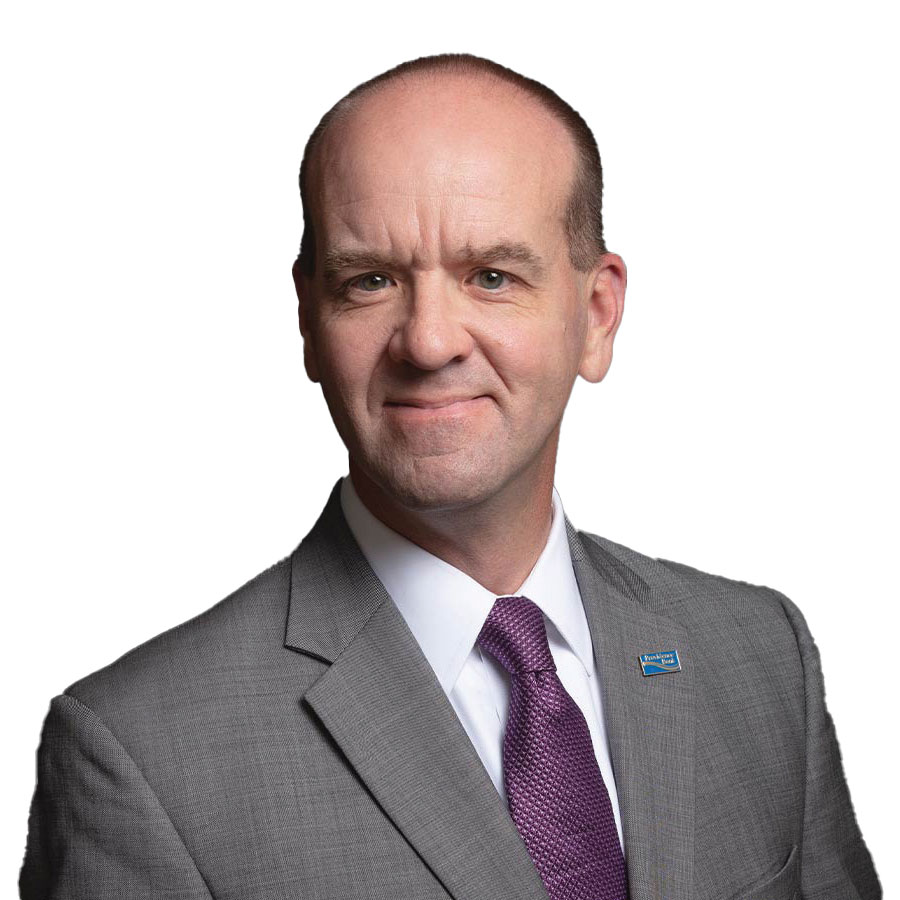Who’s responsible for those 401(k) fiduciary duties?
- "Who’s responsible for those 401(k) fiduciary duties?" originally appeared in the May 2024 "Weekender" issue of COMO Magazine.

Jerry Seinfeld memorably turned the idea of being responsible on its head during the “The Blood” episode of his ‘90s TV show. Small business owners take on responsibility like they breathe. Sales, inventory, benefits, collections, IT, HR, payables, banking, etc. The challenge and unlimited potential of being in charge is what drives the entrepreneur. While they may not know all the risks, small business owners inherently believe they can “figure it out.” The business owner is confident and answers, “Who’s responsible?” with a sharp, “I am!”
Enter the company 401(k) retirement plan. With the simple phrase, “We offer a company 401(k) plan,” business owners take on a multi-layered level of responsibility with expectations more rigorous than many realize. There are legal requirements and standards of care which can create a dizzying array of jargon: Summary Plan Description; Employer Match; SECURE Act 2.0; QDIA; fiduciary liability; prudent expert; 404(a)(5). Huh? We just want to provide a vehicle for our people to save for retirement. Why does it have to be complicated?
When there is responsibility for other people’s money, things almost always get complicated. This has been the case since 1830 when the “Prudent Investor Rule” was established by the Massachusetts Supreme Court in Havard College & Massachusetts General Hospital v. Armory (1830). In a time well before bitcoin, Ethereum, and derivatives, the court ruled that “a trustee is to observe how men of prudence, discretion and intelligence manage their own affairs, not in regard to speculation, but in regard to the permanent disposition of their funds, considering the probable income as well as the probable safety of the capital to be invested.”
The fiduciary duties of a retirement plan sponsor, as required by law, have their foundation in this directive. It’s a standard which can easily go unchecked.
If a business has a new plan or a well-established plan, the plan sponsor shoulders the same burden. The Employee Retirement Income Security Act of 1974 (ERISA) — The Ten Commandments for employer sponsored retirement plans — generally defines a plan fiduciary as anyone who exercises discretion, control, or authority over plan investments. That is a broad definition which could include nearly all the decisions a plan sponsor would make in the execution of a 401(k) plan.
Reviewing investments consistently not only for performance but for cost, share class, and suitability are all fiduciary responsibilities under ERISA. Monitoring fees charged to the plan and its participants on an ongoing basis is a fiduciary responsibility which requires detailed knowledge and expertise.
While the list may be intimidating on its face, the challenges of fiduciary responsibility parallel the challenges a business navigates related to tax return preparation or legal matters. To decipher the IRS Tax Code, businesses rely on CPA expertise. For matters of the law, liability and risk, many business owners retain business legal counsel to provide guidance.
Industry best practices also offer plan sponsors a good place to start when documenting their current plan status. While certainly not an exhaustive list, a few key components of a well-defined plan fiduciary’s file would start with:
- Service agreement with current recordkeeper or plan provider
- Annual fee disclosure document with current recordkeeper or plan provider — ERISA 408(b)2
- Annual participant level fee and performance disclosure — ERISA 404(a)5
- Plan’s current investment options with ticker symbols (or CUSIPS) and the balance of each option
- Service agreement and investment management agreement
- Annual advisor fee disclosure — ERISA 408(b)2
For small business owners who offer a 401(k) plan, the time is now to act. Whether it is on offense or defense, proactive or reactive, taking charge of fiduciary responsibility is a must for any plan sponsor. On their last day of work, an individual’s employer sponsored retirement plan account should be a significant, if not the most significant, asset to be used for life after employment. At the root of that accomplishment will be the responsibility their employer took by actively seeking expertise and guidance to implement a great retirement savings plan.
Taking responsibility isn’t so bad.

Eric Morrison
As president of Sundvold Financial, Eric Morrison is engaged in implementing the firm’s growth initiatives and leading its business development strategies.




